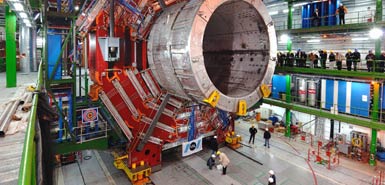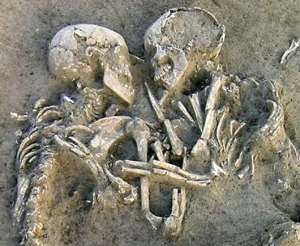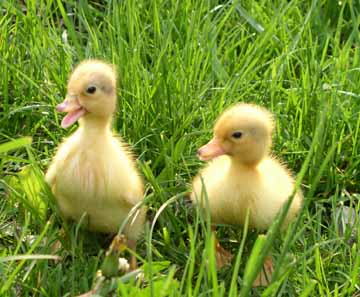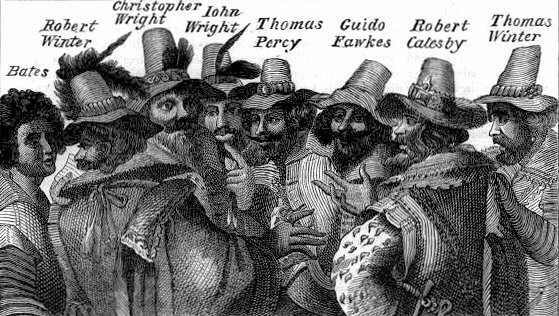Welcome to the ezine produced by SGI Buddhists that prompts the positive, kindles the constructive, highlights the hopeful and leaves you feeling - well, up!
 The Large Hadron Collider in CERN goes online this week and it marks the beginning of an exciting new chapter in scientific discovery, writes Phil Becque.
The Large Hadron Collider in CERN goes online this week and it marks the beginning of an exciting new chapter in scientific discovery, writes Phil Becque.
The object of the exersize is to re-create (in miniature) the conditions just after the Big Bang and to see if certain particles are produced. Expectations are that the 'Higgs boson' aka 'The God Particle', may be detected.
 Was it a sudden death? A ritual sacrifice? Or maybe they were prehistoric, star-crossed lovers who took their own lives? Dubbed the 'Lovers of Valdaro', this Stone Age couple were found outside Mantova, Italy, in 2007. Their eternal embrace has captured the hearts of romantics everywhere.
Was it a sudden death? A ritual sacrifice? Or maybe they were prehistoric, star-crossed lovers who took their own lives? Dubbed the 'Lovers of Valdaro', this Stone Age couple were found outside Mantova, Italy, in 2007. Their eternal embrace has captured the hearts of romantics everywhere.
 Is it OK to buy goosedown or duckdown duvets and pillows?
Is it OK to buy goosedown or duckdown duvets and pillows?
By Leo Hickman
Down, the soft lining found under the exterior feathers of waterfowl such as ducks and geese, has been prized for centuries for its insulating properties and its softness, which makes it ideal for use in bedding. In theory, as the down moults naturally from these birds, they shouldn't mind if we take it. But the reality is that down is almost always the by product of keeping millions of birds around the world in battery-cage conditions for cheap meat, or foie gras.
In the following extract from her inspiring memoir Raising Tiffany, writer and life-coach Deborah Trenchard shares some heartfelt realisations about the true meaning of motherhood
The best in me was born out of having a child with complex developmental challenges, with special needs. ‘How could that be?’ Someone asked recently, eyeballing me quizzically from head to toe. And without a moment’s hesitation I shared some of the deepest realisations I’ve had over the years as I mothered Tiffany.

Gone are the days when chocolate was regarded as just another food baddie, to be avoided along with sweets, crisps and fizzy drinks.
 Do you trust everything you are told or do you think there is usually truth in conspiracies?
Do you trust everything you are told or do you think there is usually truth in conspiracies?
Psychologist Dr Patrick Leman, of the Royal Holloway University of London, has devised a test to see how conspiratorial you are.
 By observing events at the scale of single
atoms, Cornell researchers have found evidence that
the mechanism in high-temperature superconductors may
be much more like that in low-temperature superconductors
than was previously thought.
By observing events at the scale of single
atoms, Cornell researchers have found evidence that
the mechanism in high-temperature superconductors may
be much more like that in low-temperature superconductors
than was previously thought.
"This came as a huge shock," said J.C. Séamus
Davis, Cornell professor of physics, who with colleagues
reports the findings in the Aug. 3 issue of the journal
Nature.


